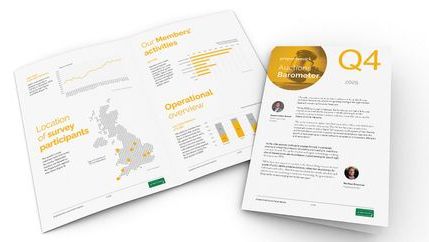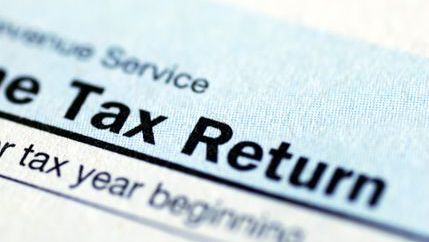
Andrew Parker, Auctioneer and Managing Director at SDL Property Auctions has reviewed the changes to explain how they can affect landlords and second homeowners, plus highlight the benefits of completing sales quickly by auction.
What is Capital Gains Tax?
The UK Government describes Capital Gains Tax as a tax on the profit upon the sale of (or ‘disposal of’) something (an ‘asset’) that’s increased in value. So, if a painting was purchased for £5,000 and it was sold later for £25,000, the gain is £20,000 (£25,000 minus £5,000).
An asset in this case could be but isn’t limited to, things like personal possessions, a second home or shares that aren't within an ISA. Therefore, those who own or are planning to sell a second home, will be required to pay Capital Gains Tax.
A higher-rate taxpayer will pay 28% on any gains from residential property. Those on basic taxpayer rates will see the rate changes depending on the size of the gain; 18% on residential property if it’s within the basic income tax band (£37,700 for the 2021 to 2022 tax year) or 28% if it’s higher.
The rules are different for trustees and businesses and full details can be found on the UK Government website.
How does this specifically affect property owners?
If a homeowner purchased the property for £200,000 and sold it for £250,000, the ‘gain’ would be £50,000. That would mean the current taxable income for that property would be £37,700 (£50,000 minus £12,300 = £37,700) and £6,786 would be payable in CGT for a basic rate taxpayer. However, in the next tax year that taxable income for the same property would be £44,000 taking the CGT tax bill to £7,920.
In summary, anyone looking to sell a property in 2023 is advised to sell quickly and complete the sale before the end of the current tax year at the end of March 2023.
Getting a quick sale by auction
With completion times on the open market taking up to six months and with the risk of fall-throughs at any point, an auction is the best method for securing a secure sale. Disposing of a property in an auction means sellers get a legally binding contract on the fall of the hammer with a fixed completion set for only 30 days later. That means vendors selling in February, can hand over the keys and have the proceeds in their account before the end of March.
Auctions aren’t only limited to rundown properties or those in need of repair, all types of property can sell by auction including vacant or tenanted residential properties, development land, mixed-use units and commercial opportunities.
In a time of economic uncertainty, and with these tax changes hitting hard for those with multiple properties, now is a great time to consider getting a great price with a sale by auction.




